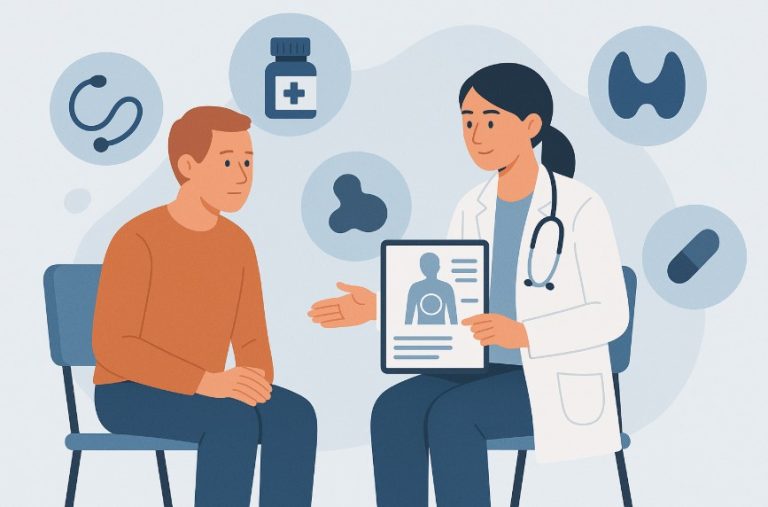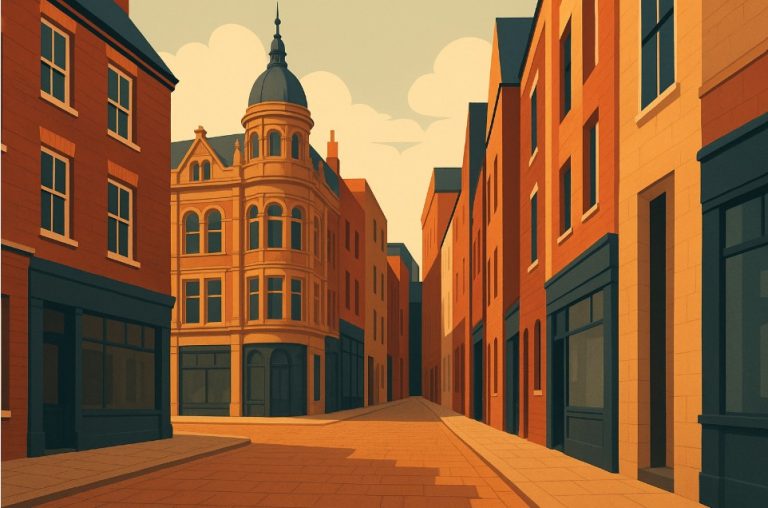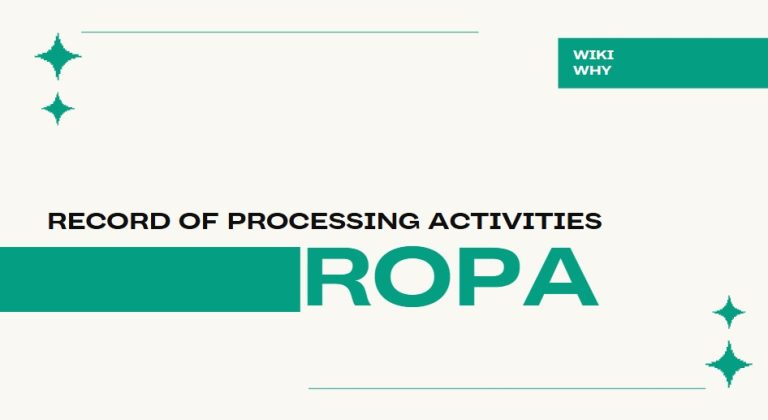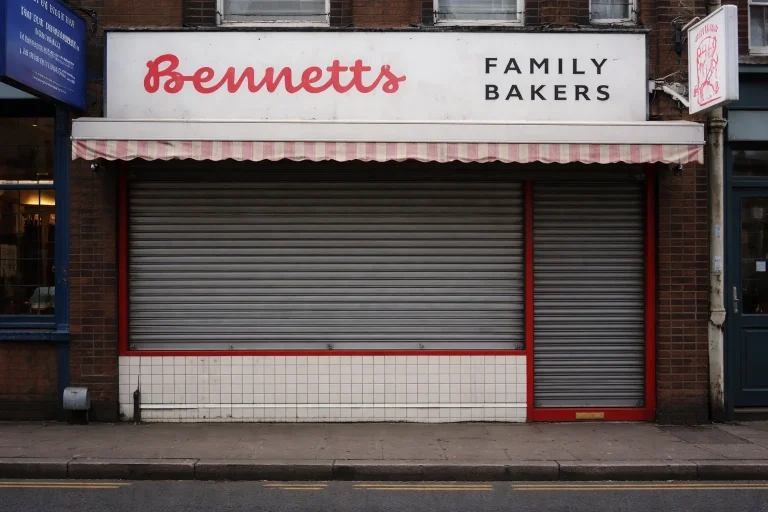Why do so many people find themselves making an urgent trip to the toilet after a night of drinking? Is it normal for alcohol to cause loose stools, and why are the effects sometimes so extreme?
While headaches and hangovers are often considered the standard consequences of a night out, there’s a far less discussed but equally unpleasant outcome for many: the dreaded morning-after bowel movement.
Known informally as the “day after drinking shits” (or DADS), this post-drinking gastrointestinal reaction can come on suddenly and leave many wondering whether their digestive system has turned against them.
But what exactly does alcohol do to your gut that causes such havoc? This guide explores the various reasons why alcohol can make people poop, often urgently or uncomfortably, and how you can reduce the impact on your digestive health.
What Happens to Your Digestive System When You Drink Alcohol?
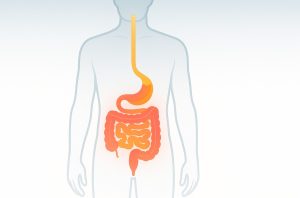
When alcohol enters the body, it begins to interact with the digestive system almost immediately. As it passes through the stomach and small intestine, it gets absorbed into the bloodstream and heads straight for the liver. But before it even reaches the liver for breakdown, it’s already having an effect.
One of the primary impacts is on the intestinal lining. The inner layer of your intestines are called the epithelial layer, is responsible for absorbing nutrients and fluids.
Alcohol is a known gut irritant and can inflame this lining, making it less effective at its job. When this happens, the body struggles to retain fluids and nutrients from your food and drink.
Instead of being absorbed, that excess fluid moves rapidly through the bowel and is expelled, often resulting in loose or watery stools.
The speed at which this happens is tied to another important mechanism: alcohol increases gut motility. This simply means it makes your intestines work faster, pushing waste through the system with greater urgency.
Why Does Alcohol Increase the Urgency to Poop?
Alcohol doesn’t just irritate the gut lining; it also directly influences the way the digestive muscles contract. This effect is mostly due to ethanol, the active ingredient in alcoholic drinks, which acts as a stimulant to the colon.
Normally, your colon takes time to extract water from waste before it’s expelled. Alcohol interferes with this process by speeding up the peristaltic movement, the muscle contractions that move food through the intestines. As a result, the colon doesn’t have enough time to absorb water properly, leading to softer, looser stools.
In some cases, this can happen very quickly. Some individuals experience the need to poop during or immediately after drinking, especially if they’re consuming drinks on an empty stomach.
The reaction is even more pronounced in people with Irritable Bowel Syndrome (IBS) or other gastrointestinal conditions, who already have more sensitive colons.
Can Alcohol Cause Diarrhoea or Constipation Or Both?
Interestingly, alcohol can cause either diarrhoea or constipation, depending on a range of factors including hydration levels, the type of alcohol consumed, and the individual’s digestive sensitivity.
Diarrhoea
The most common outcome after heavy drinking is diarrhoea. This is due to several overlapping effects: increased motility, irritation of the intestinal lining, and the presence of excess fluid in the bowel.
The more alcohol consumed, the greater the stimulation of these effects, especially when combined with sugary or carbonated mixers.
Constipation
On the flip side, alcohol can also lead to constipation, particularly when it causes significant dehydration. Alcohol suppresses the release of vasopressin, an antidiuretic hormone responsible for helping the body retain water.
Without this hormone in full operation, the kidneys release more fluid, which is lost through increased urination.
Less fluid in the body means the colon will also have less water to work with, resulting in harder, drier stools that are more difficult to pass. High-alcohol-content drinks (above 15%) can also slow gut muscle contractions, which adds to the risk of constipation.
How Alcohol Affects Bowel Movements?
| Type of Bowel Issue | Cause | Common Triggers |
| Diarrhoea | Increased gut motility, poor fluid absorption | Beer, sugary cocktails, wine |
| Constipation | Dehydration, reduced gut motility | Spirits, lack of water, high-ABV drinks |
How Does Alcohol Trigger Gut Irritation and Inflammation?
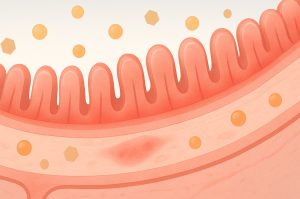
Beyond the immediate effects, alcohol can also damage the digestive system over time. The toxicity of alcohol and its by-products can compromise the intestinal barrier, making it more permeable.
This is sometimes referred to as leaky gut syndrome, where unwanted substances like bacteria and toxins can pass through the gut wall and into the bloodstream.
This irritation doesn’t just lead to diarrhoea. It can cause bloating, cramping, and abdominal pain, especially in individuals who already suffer from inflammatory conditions like Crohn’s disease, ulcerative colitis, or coeliac disease. Long-term drinkers may experience this irritation more often, leading to chronic bowel issues.
Moreover, chronic alcohol use can reduce the stomach’s ability to kill harmful bacteria, which further impacts the balance of the gut microbiome. This imbalance can lead to unpredictable bowel habits and poor digestion overall.
Does the Type of Alcohol You Drink Affect Your Bowels?
Absolutely. Not all alcoholic beverages are created equal in terms of their impact on digestion.
Some drinks contain gluten (e.g., beer), which can aggravate the digestive tract in those with gluten sensitivity. Others may be high in sugars, carbonation, or additives that irritate the gut.
Examples:
- Beer: High in gluten and carbonation; often causes bloating and gas
- Wine: Contains tannins and sulphites; can irritate the stomach
- Cocktails: Often loaded with sugar and artificial ingredients
- Spirits: High in alcohol content; can slow digestion and cause dehydration
It’s not just the alcohol itself, it’s what you mix it with. Caffeinated mixers like energy drinks, or high-sugar mixers like cola or syrup-based additions, can worsen the effects.
What Are DADS And Why Do They Happen?
The term DADS refers to the intense, urgent, and often explosive bowel movements many experience the morning after drinking. These aren’t just typical post-meal poops, they’re the body’s urgent effort to eliminate what it sees as a toxic load.
DADS occur because:
- The bowel has been overstimulated by alcohol
- The colon has not absorbed enough water
- Inflammatory foods (e.g., greasy late-night takeaways) may have been consumed
- Gut bacteria and mucosal lining may be out of balance
For many, DADS are just a once-in-a-while inconvenience. For others, especially those with digestive disorders or alcohol sensitivity, they can be a regular and unpleasant occurrence.
What Foods and Drinks Make Post-Drinking Poops Worse?
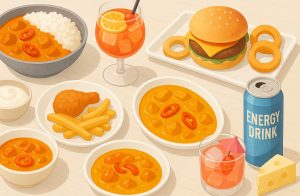
What you eat before, during, and after drinking can either cushion the effects of alcohol or worsen them.
Spicy foods, greasy snacks, or heavy dairy can irritate the digestive system and speed up gut motility, amplifying alcohol’s effects.
Common Trigger Foods:
- Spicy condiments and meals
- Greasy foods like chips, fried chicken, or burgers
- Dairy (for lactose-intolerant individuals)
- Energy drinks or coffee
These foods tend to interact poorly with alcohol and can lead to stomach cramps, gas, bloating, or even more severe diarrhoea the next day.
How Can You Prevent Digestive Issues After Drinking Alcohol?
While abstaining from alcohol is the only guaranteed solution, there are ways to minimise its digestive impact.
Hydration is key. Because alcohol increases urination and leads to fluid loss, drinking water before, during, and after consuming alcohol can help reduce both diarrhoea and constipation.
Eating a balanced meal before drinking, particularly one rich in soluble fibre and they can coat the stomach lining and slow down alcohol absorption. Soluble fibre, such as oats, bananas, or chia seeds, holds water in the gut and prevents stool from becoming too loose.
Preventive Measures
- Eat fibre-rich, easy-to-digest meals before drinking
- Avoid caffeine and sugary mixers
- Drink plenty of water throughout the night
- Choose drinks with lower alcohol content and fewer additives
- Avoid mixing different types of alcohol
When Should You See a Doctor for Alcohol-Related Bowel Changes?

Most alcohol-related bowel changes resolve within 24 to 48 hours. However, persistent or severe symptoms could indicate a deeper issue.
You should seek medical advice if:
- Diarrhoea lasts longer than two days
- There is visible blood in the stool
- You experience dizziness, weakness, or signs of dehydration
- Digestive symptoms continue even when you’re not drinking
- You have a known gastrointestinal condition that worsens with alcohol
These symptoms may point to an underlying problem such as IBS, IBD, or an intolerance to alcohol itself.
Can Alcohol Change the Colour of Your Stool?
Yes. Alcohol, particularly when mixed with colourful drinks or sugary additives, can affect stool colour. Green cocktails, red punches, or artificially coloured shots may result in stool appearing green, blue, or red.
While this is usually harmless and temporary, it’s important to monitor the colour of your stool. Bright red, black, or clay-coloured stools may indicate internal bleeding or other serious issues.
If the colour change doesn’t clearly link to something you consumed, it’s best to speak with a healthcare professional.
Final Thoughts: Is It Time to Rethink Your Drinking Habits?
Alcohol’s impact on digestion is often underestimated. While a glass of wine or a pint of beer might seem harmless, the effects on your gastrointestinal tract can be immediate and intense.
From urgent diarrhoea to frustrating constipation, alcohol alters the way your digestive system functions and not in a good way.
Understanding the mechanisms behind these changes allows you to make better-informed decisions about how much, and what kind of, alcohol you consume.
Whether you choose to moderate your intake, avoid certain mixers, or simply stay better hydrated, small changes can go a long way toward preventing those uncomfortable mornings after.
FAQs About Alcohol and Digestion
Can even one drink affect your bowel movements?
Yes, especially for individuals with sensitive digestion or existing gut conditions. One drink can trigger a response.
Why do some people get diarrhoea while others get constipated from alcohol?
It depends on hydration, the type of alcohol consumed, gut health, and individual sensitivity.
Are sugar-free mixers better for your gut?
Not always. Artificial sweeteners like sorbitol can cause bloating and diarrhoea in some people.
How long do alcohol-related digestive symptoms typically last?
Most clear up within 24 – 48 hours, but persistent issues should be evaluated by a doctor.
Does drinking on an empty stomach worsen the effects?
Yes. It speeds up alcohol absorption and increases the risk of gut irritation and diarrhoea.
Can alcohol permanently damage the digestive tract?
Chronic alcohol use can lead to long-term issues such as leaky gut, inflammation, and poor nutrient absorption.
Is it safer to stick to one type of alcohol?
For many, sticking to one drink type reduces the chance of stomach upset, especially when avoiding irritants like sugar or caffeine.
READ NEXT:

